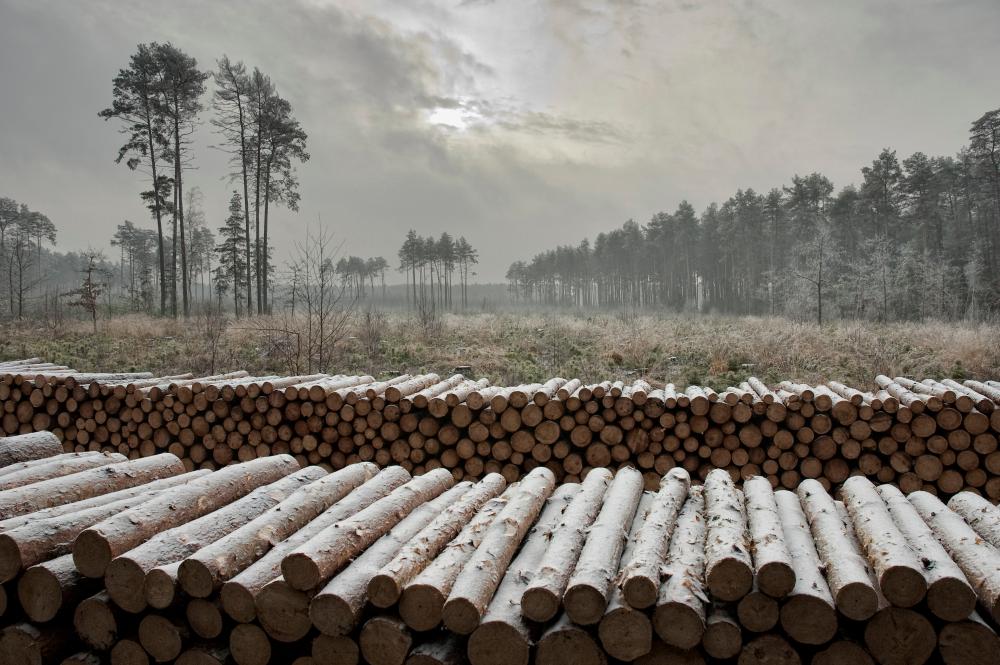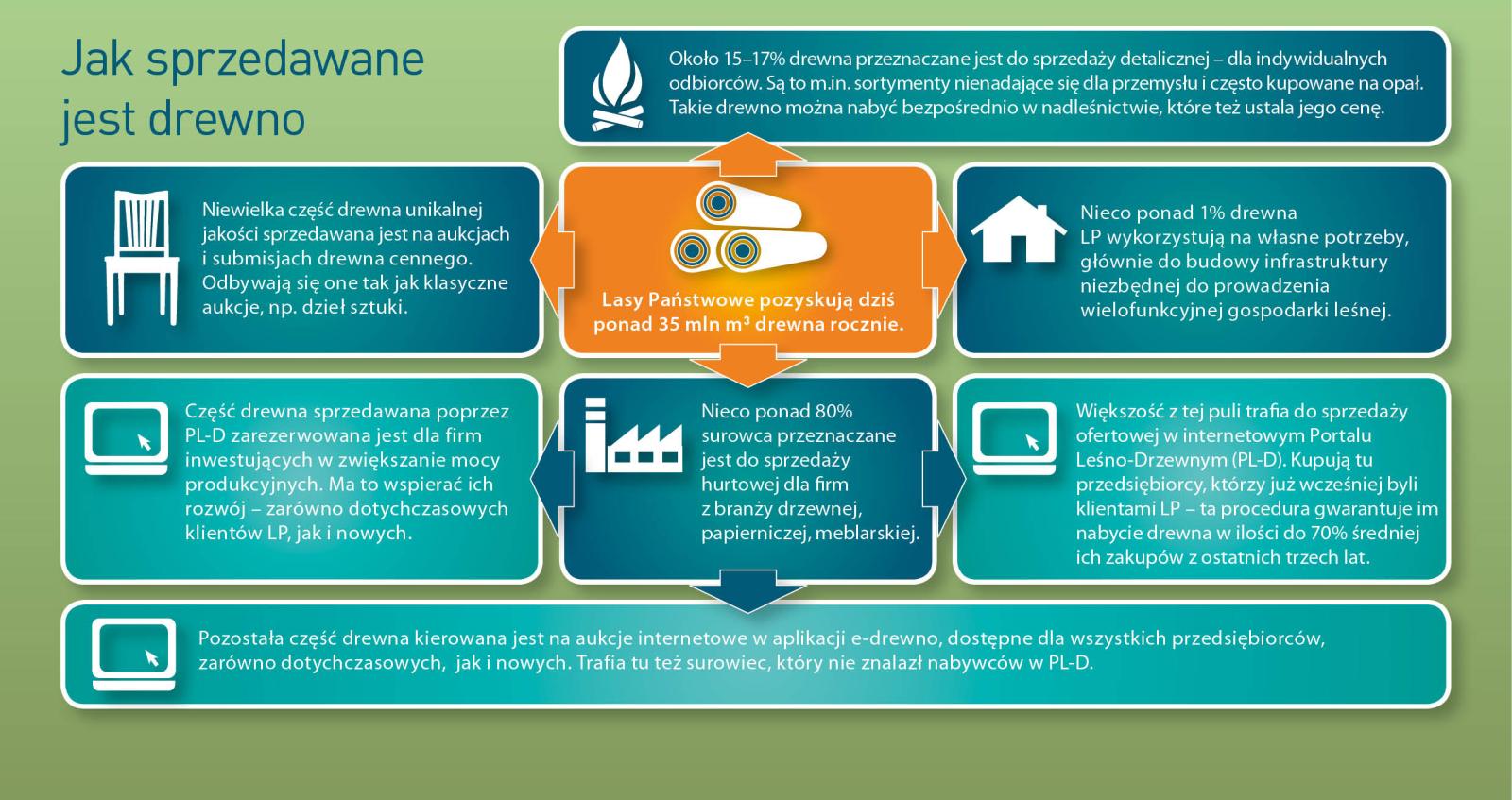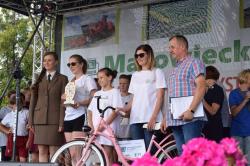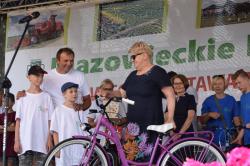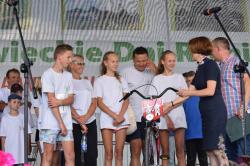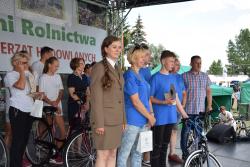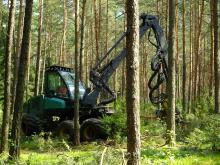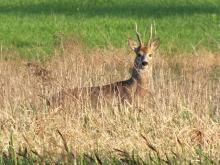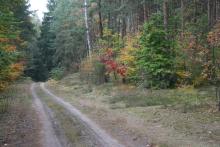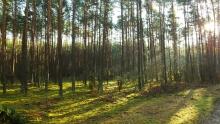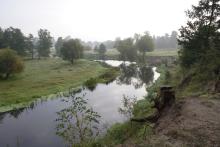 Asset Publisher
Asset Publisher
Sale conditions
Sale conditions of wood are specified by the regulation of Director – General of the Sate Forests.
Within the framework of the individual sale , the foresters try to meet the fast growing demand, because more and more people use wood in order to heat their houses. Contrary to general opinion, these are not only village people, even though they prevail among recipients. The growth of firewood demand is the result of occurrence of new housing estates built in the suburbs of large agglomerations, where houses are usually equipped in fireplace heating installations.
Firewood is not only the most ecological heat source, but also is much more attractive in respect of relation of price and electric efficiency, rather than cola, oil, gas or electric power.
In recent years, the Sate Forests increased the sale of firewood of one third – up to over 4 million cubic meters annually. Firewood is not only the most ecological heat source, but also is much more attractive in respect of relation of price and electric efficiency, rather than cola, oil, gas or electric power. Some of customers choose already prepared and cut into pieces wood, the others very willingly obtain it by themselves after arranging all details and fulfilling particular safety conditions, and after paying the fee; that concerns mainly so called "thinnings". Such a raw material is very cheap, that is why many people from village areas profit from such possibility.
 Asset Publisher
Asset Publisher
VIII Turniej Ekologiczny
VIII Turniej Ekologiczny
W dniu 16 czerwca 2018 roku podczas pierwszego dnia XIX Mazowieckich Dni Rolnictwa w Płońsku odbył się już po raz VIII Turniej Ekologiczny. Idea wydarzenia ma na celu propagowanie ekologii i ochrony środowiska. W turnieju uczestniczyło 10 drużyn od 3 do 5 osób w drużynie. Turniej co roku cieszy się dużym zainteresowaniem, gdyż można wykazać się szeroką wiedzą z zakresu ekologii.
W poszczególnych zadaniach jakie zostały przygotowane przez organizatorów drużyny wykazały się dużą znajomością gatunków ptaków występujących w polskich lasach oraz gatunków drzew. W kolejnych zadaniach rozpoznawane były tropy zwierząt mieszkających na terenach leśno-polnych oraz układanie krążków przekroju drewna i poprawne odgadnięcie gatunku. Sportowo-wyczynowe etapy, które znajdowały się pomiędzy zadaniami dostarczały wiele dobrej zabawy. Do II etapu turnieju zakwalifikowało się pięć drużyn. Każda z nich odpowiadała na trzy wylosowane pytania z Ekologicznego Koła Fortuny. Do finału przeszły trzy drużyny, na tym etapie było dużo emocji dzięki kreatywnej zabawie w Eko-Kalambury, która była jednocześnie zdaniem finałowym.
Wszystkie drużyny zostały nagrodzone, natomiast na podium stanęły: „Jakubiak”, „Zieloni” i „ Mossakowscy”.
Do zobaczenia za rok na IX Turnieju Ekologicznym.


